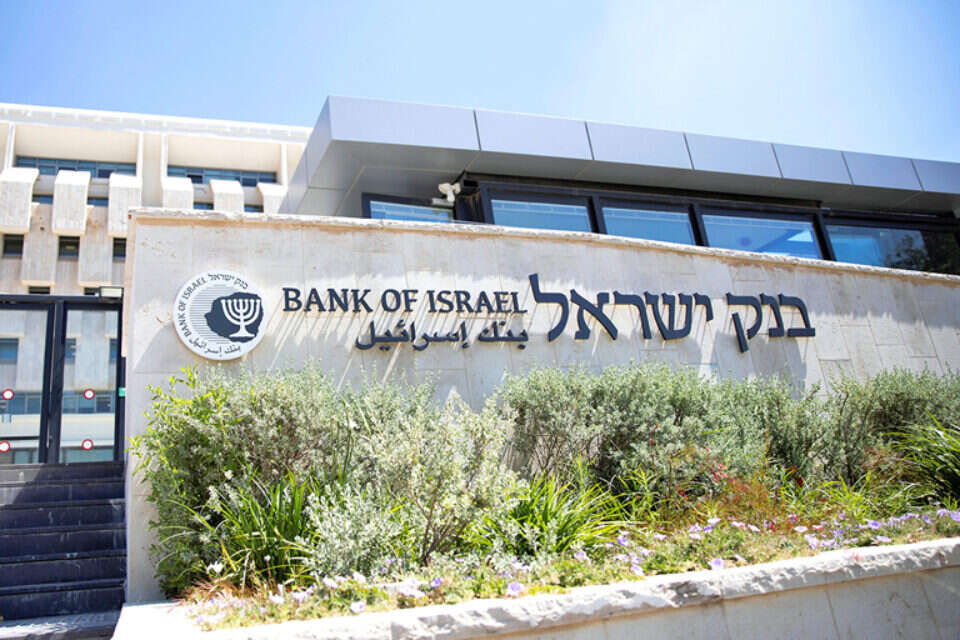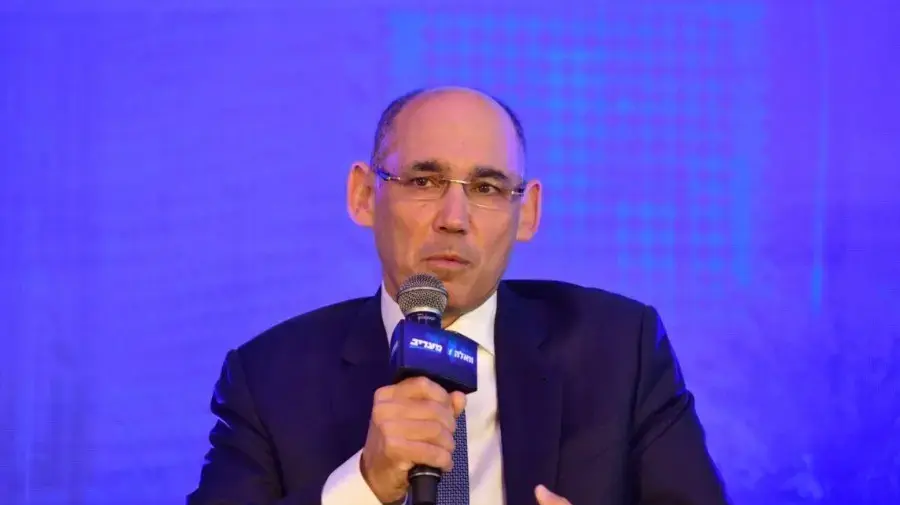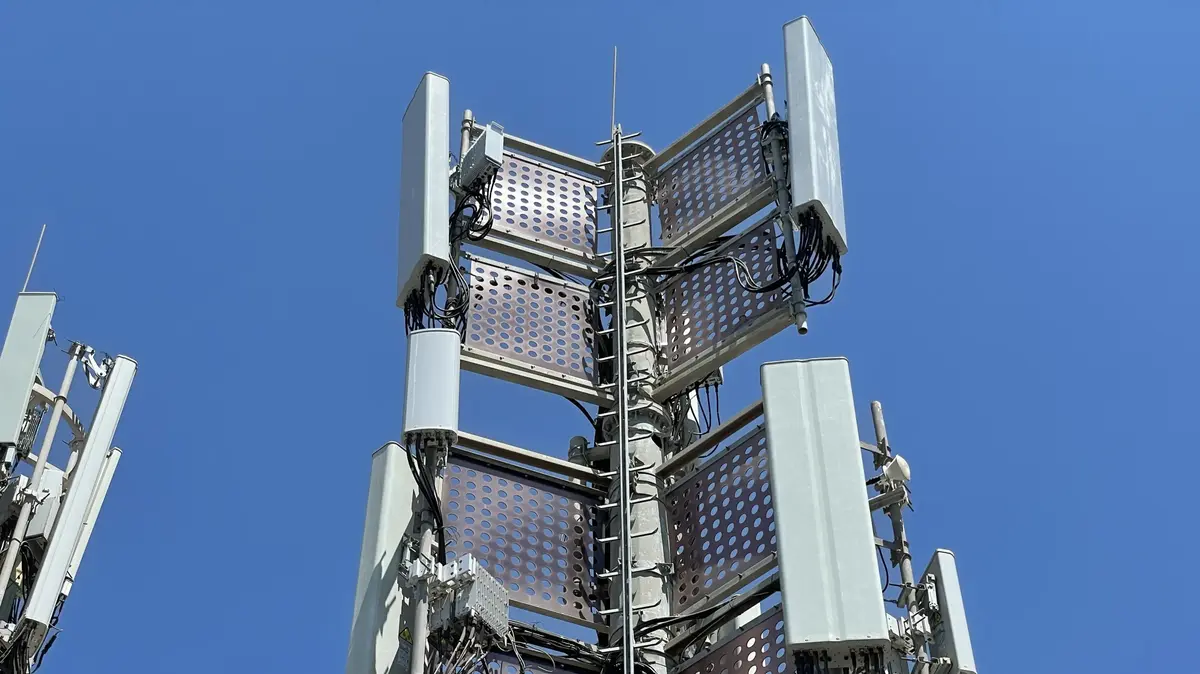The Bank of Israel will announce today (Monday) the level of interest rates in the economy, which is expected to remain unchanged at 0.1%.
After years in which the interest rate remained at levels close to zero, the Bank of Israel's interest rate event has become almost technical, but this time it may change.
Last week, some macro data were published that could be a turning point for the bank and lead to a re-examination of the interest rate policy in the economy.
Growth figures for the last quarter of 2021 exceeded all expectations and brought Israel to first place among developed countries.
This increases inflationary pressures and already in January inflation crossed the upper limit of the Bank of Israel's target range, reaching 3.1% per year - a record of more than a decade.
Explain: The main goal of the Bank of Israel is price stability.
To influence it, one of the tools available to the Bank of Israel is the interest rate, which is intended, among other things, to change consumer behavior.
When interest rates rise, this should affect the consumer to save more and consume less - thus lowering inflation.
Has the era of low interest rates ended, and after more than seven years in which the Bank of Israel's interest rate has "stuck" at a level close to zero, now the bank will change its approach?
Guy Beit-Or, the chief economist at Psagot Investment House, estimates that in light of recent growth and inflation data, "there is no justification for holding an emergency rate. The Bank of Israel will have to change its approach and signal that interest rates are planned very soon."
According to Beit Or, "The Bank of Israel is expected to begin the process of raising interest rates as early as April or May at the latest, and today's interest rate decision will have to start preparing investors."
Victor Behar, director of Bank Hapoalim's economics department, also shares this approach, but unlike Beit Or, he estimates that interest rates will rise "towards the second half of the year."
"Annual inflation in Israel crossed the 3% level in January. This figure alone should not lead to a quick response from the Bank of Israel, since the inflation target is flexible, while examining inflation over longer periods. However, the latest data raise concerns that the inflation environment "The growth data for 2021 show that the economy has returned to the pre-Corona growth trajectory. These conditions could justify a less expansionary monetary policy."
Worsening the cost of living
Meanwhile, raising the interest rate will affect the monthly repayment of the mortgage.
First and foremost, prime rate mortgage borrowers will experience an increase in the monthly repayment, but not dramatically.
This is because the share in the prime track (Bank of Israel interest rate + 1.5%) constitutes only about 42% in the average mortgage, and the balance of the amount is taken in other tracks.
The total increase in the monthly repayment depends, of course, on the relative share of the prime track in the total mortgage.
Because the Bank of Israel's interest rate has been very low in recent years, the prime route is considered the cheapest.
As you may recall, a year ago, the Bank of Israel abolished the restriction that only one-third of the prime-rate mortgage route may be taken.
Illustration of ATM money, Photo: Oren Ben Hakon
Fortunately, the abolition of the restriction has increased the share of this track in performance, but to a limited extent.
Take, for example, an average mortgage taken out today in the amount of NIS 1 million, with 42% of the amount in the prime track of the 25-year mix.
According to Jonathan Berliner, chairman of the Association of Mortgage Advisers, an increase of 0.25% in interest will lead to an increase of NIS 51 in the monthly repayment, and an increase of 1% in interest will lead to an increase of NIS 209 in the monthly repayment.
That is, if the interest rate hikes are gradual it is not a dramatic increase in the monthly repayment.
On the other hand, if the interest rate remains low over time, there may be damage - the low interest rate fuels the demand for housing and keeps young people away from buying an apartment, as well as increasing inflationary pressures and worsening the cost of living.
Were we wrong?
Fixed!
If you found an error in the article, we'll be happy for you to share it with us








